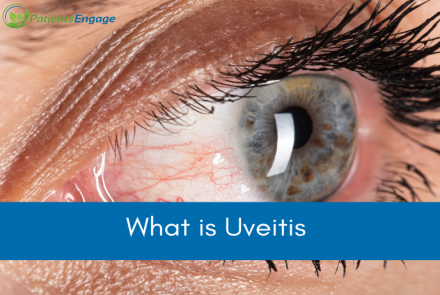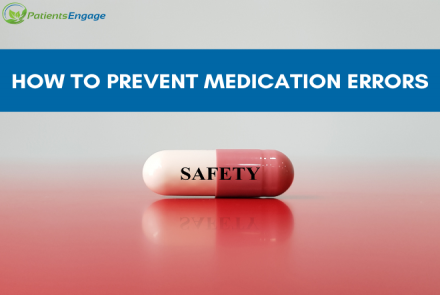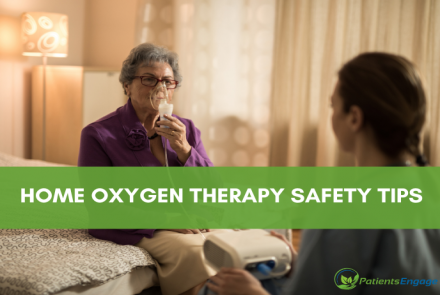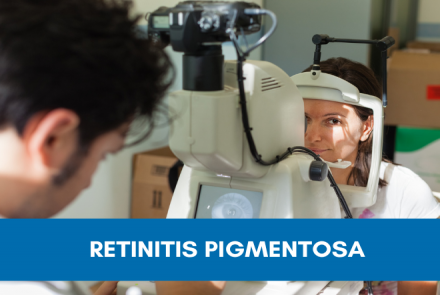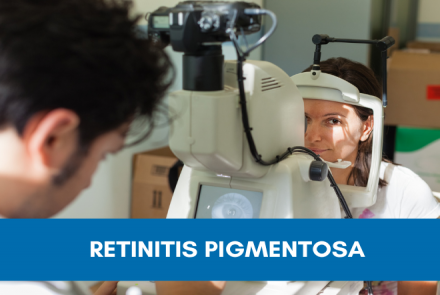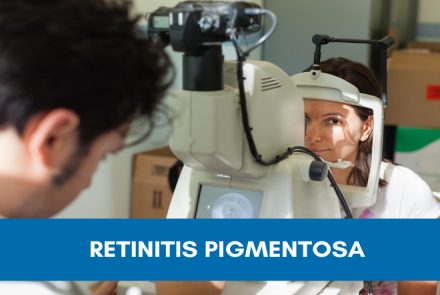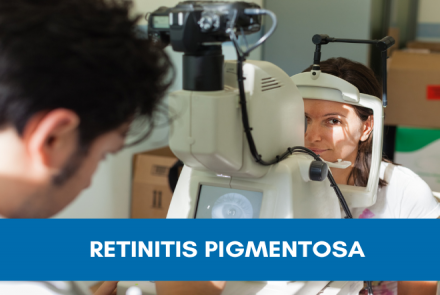What is Uveitis?
Uveitis refers to inflammation in the middle layer of the eye, also called the uvea. This layer of the eye is rich in blood vessels, and therefore a lot of blood flows through it, making it prone to infections coming into the eye through the blood, as well as to immune reactions. In practice however, uveitis is a broad term used to describe inflammation affecting any tissue inside the eye. This may include the retina, retinal blood vessels, and vitreous gel inside the eye. Most…
Latest Stories
- When you or a loved one is first diagnosed with cancer, there are a lot of new terms to deal with. There are also a lot of questions about how treatment delivery mechanisms. This article addresses these unanswered questions. You can also refer to the glossary for more information on cancer terminology. If you or your loved one has been through cancer treatment, you may be aware of the various types of medical inserts used by Oncologist for Chemotherapy. Most medicines are injected into the vein…
- Globally, as many as 4 in 10 patients are harmed in primary and outpatient health care. Up to 80% of harm is preventable. The most detrimental errors are related to diagnosis, prescription and the use of medicines. This article highlights tips that patients and their family caregivers must follow to prevent medication errors at home. What are Medication Errors? Medication error has been defined by the National Coordinating Council for Medication Error Reporting and Prevention as “Any…
- Pulmonary Phsyiotherapist Mrinmayee Koltharkar talks of the hygiene protocols, do’s and don’ts of home oxygen therapy and tips on managing travel with oxygen therapy. In the previous article, she explained what is Oxygen therapy, when it is prescribed, symptoms of low oxygen to watch out for, how it is delivered and types of delivery systems and complications related to oxygen therapy. What are the hygiene protocols one should follow when using oxygen systems at home ? To ensure…
- Pulmonary Physiotherapist Mrinmayee Koltharkar explains what is Oxygen therapy, when it is prescribed, symptoms of low oxygen to watch out for, how it is delivered and types of delivery systems and complications related to oxygen therapy. Read the second part of the article on oxygen therapy here where she talks of the hygiene protocols, do’s and don’ts and tips on managing travel with oxygen therapy. People say you can’t live without love but I think oxygen is little more important! Many a…
- How To Manage Retinitis Pigmentosa Low vision rehabilitation and psychosocial counselling are crucial aspects in managing RP and are of huge benefit to RP patients in living life to the fullest even in the presence of visual deterioration. Low vision rehabilitation includes use of specialised devices like magnifying glasses and illumination devices for enhancement of central vision, telescopes for addressing distant vision difficulties, filtered glasses to take care of light sensitivity and…
- Can Retinitis Pigmentosa Be Prevented? As majority of the RP cases are inherited, special attention is needed to address the genetic aspect. Genetic counselling, detailed family members examination, genetic testing, understanding the pattern of inheritance, pre-natal and antenatal tests at necessary situations are very important in prevention of RP and its risk reduction in future generation. Contributed by Dr Deepika C Parameswarappa, Consultant Ophthalmologist, LV Prasad Eye Institute…
- Treatment for Retinitis Pigmentosa Specific treatments to prevent the progression or stop RP are still in evolution. Various treatments have been tried by large studies over the past few decades. Light protection by wearing of dark or yellow orange glasses are shown to help in preventing progression by few studies and help in tackling photophobia. Vitamin A, and docosahexaenoic acid supplementation has also been found useful in few studies to prevent progression. The vitamin supplementation…
- Diagnosis of Retinitis Pigmentosa RP can be diagnosed by the typical clinical symptoms and signs observed during a clinical examination. However, there are various diagnostic tests which help in better understanding of the disease, its severity and progression pattern. The various tests include fundus autofluorescence (FAF), optic coherence tomography (OCT), Visual fields (VF), full field electroretinogram, pattern electroretinogram, dark adaptometry and genetic analysis. FAF (Fundus Auto…

